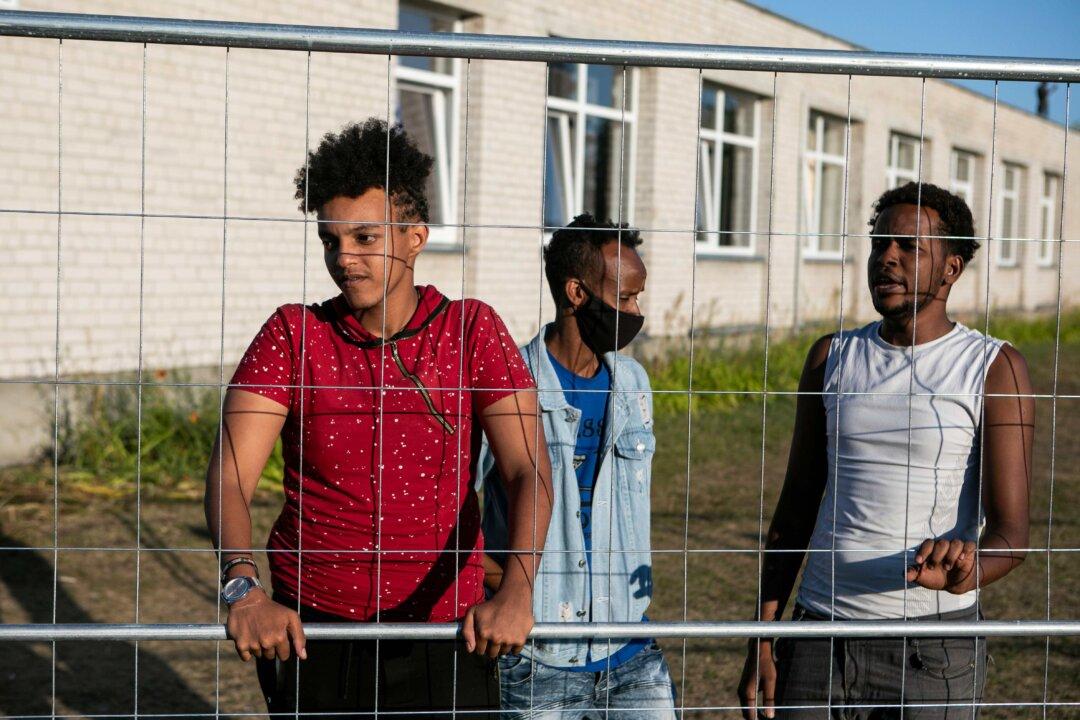WARSAW, Poland—A record number of illegal immigrants have crossed the Polish border with Belarus since Friday, the Border Guard said on Monday, amid accusations Minsk is using illegal crossings to pressure European Union states.
Poland and Lithuania have seen a surge in illegal immigration in recent weeks that is so severe the countries have appealed to the EU for help, with the parliament in Vilnius planning an extraordinary session on Tuesday to discuss the issue.





